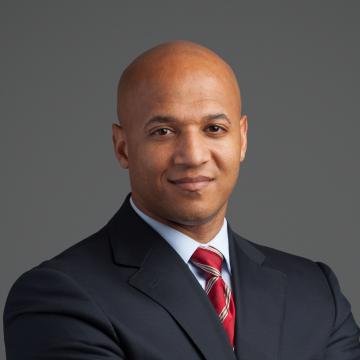Boston’s Future Marijuana Retailers Should Be Less White, More ‘Equitable,’ City Says
Ally Jarmanning, WBUR-FM, December 4, 2018
Boston city councilors are trying to prevent marijuana businesses from becoming like lots of other industries in the city — mostly white and, as they said Tuesday, “inequitable.”
Massachusetts marijuana law — which passed with 62 percent support in Boston — requires that people from communities disproportionately harmed by the enforcement of marijuana as an illegal drug are included in the new marijuana industry. Priority is supposed to be given to so-called equity applicants — people of color, people who were arrested for drug crimes and those who live in communities impacted by the war on drugs.
{snip}
In a city council hearing Tuesday, Mayor Marty Walsh’s economic development chief John Barros said he supports a one-to-one ratio of equity applicants to non-equity applicants, saying equity “should be our primary objective.” He cautioned, though, that it might slow the city’s roll out of businesses.
{snip}
“It’s not that people aren’t interested,” Barros said. “There’s interest and there’s local interest. But the ramp up to get there is fraught with banks not trying to lend to these types of businesses. It’s fraught with there not being a lot of technical assistance out there.”

Boston Economic Development Chief John Barros
Barros bemoaned that city grant money that would typically be given to small businesses isn’t available to the cannabis industry — because of the prohibition on using federal funds on the still-federally-illegal cannabis industry. He lobbied City Councilor Ayanna Pressley — the congresswoman-elect — to do something about that when she gets to Washington.
{snip}
The Cannabis Control Commission, the state agency charged with regulating and licensing businesses, so far has issued 76 provisional licenses to retail shops, cultivators and other establishments across Massachusetts, Commissioner Shaleen Title told the councilors. None of those are to a minority-owned business.
“For me, the nightmare scenario is we wake up in a year, we have a fully functioning industry and we find we did not meet our mandate, we did not meet our goal to have a diverse industry, and it will be too late to change it,” she said.
{snip}
Eventually, city officials said, they expect a retail recreational marijuana store in every neighborhood in Boston.















